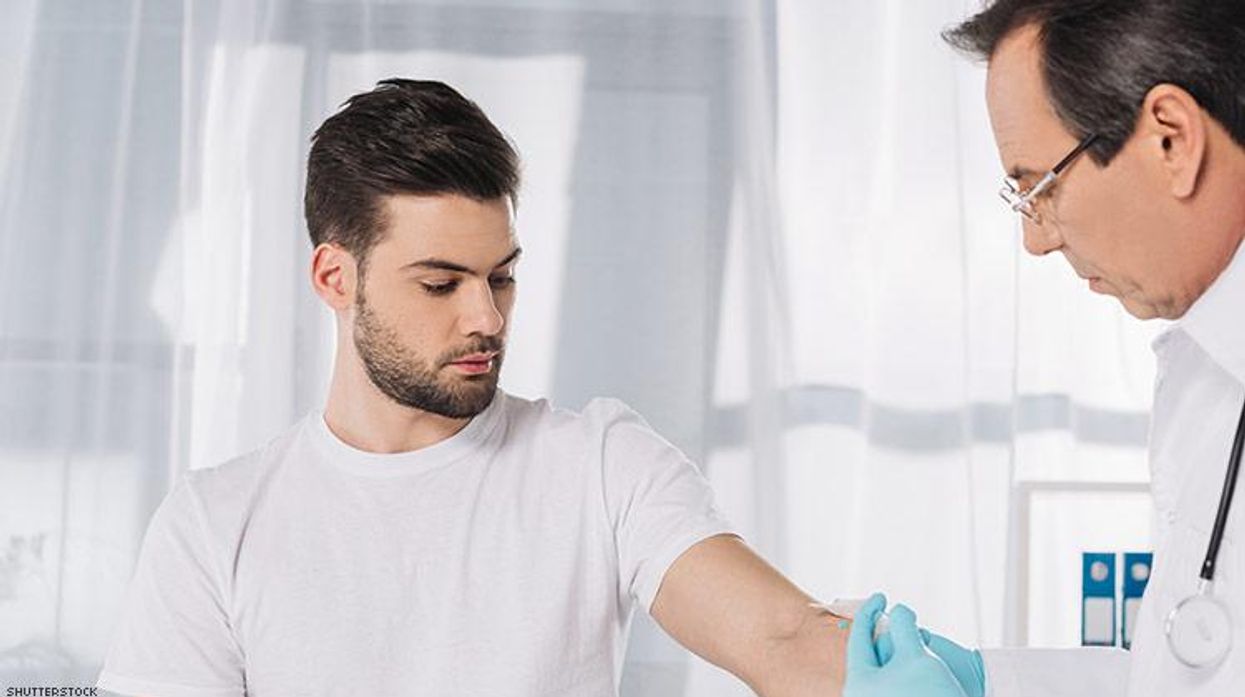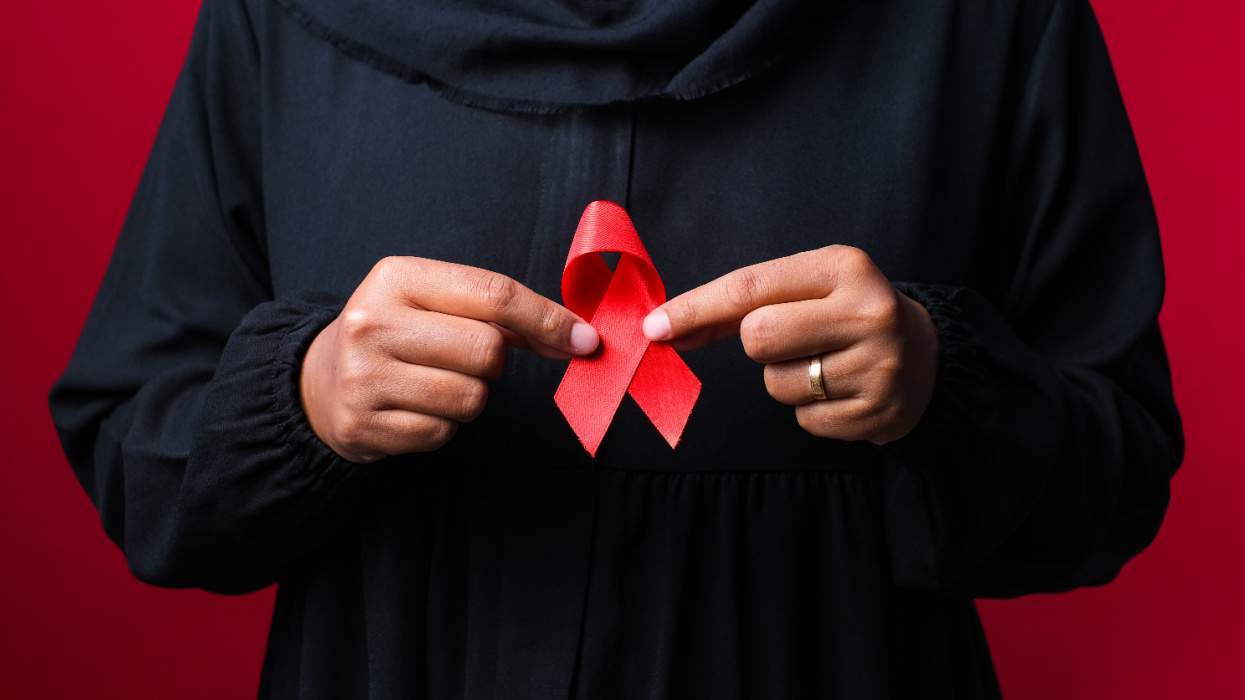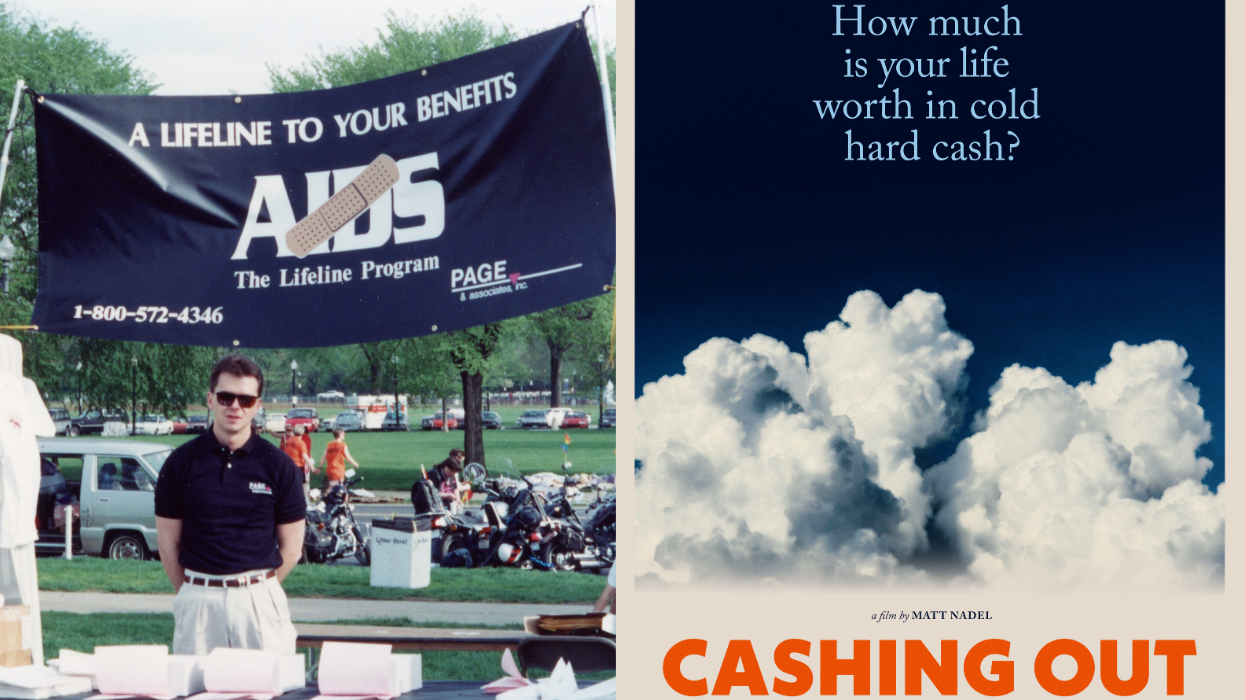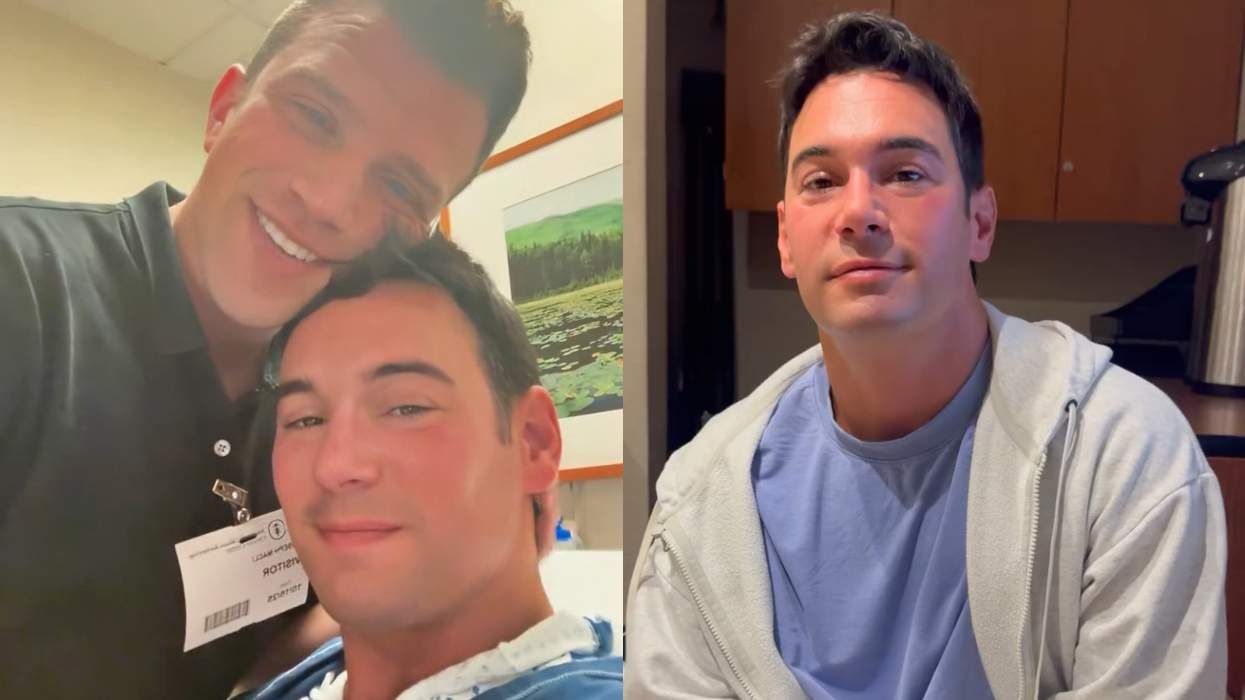Hepatitis A is preventable with a vaccine. That's especially good news for gay and bisexual men, who are disproportionately affected by recent outbreaks of the liver infection across the country.
In the past three years, there have been over 23,000 publicly-reported cases of hepatitis A across 29 states, according to the Centers for Disease Control and Prevention. For comparison, the CDC notes that there were fewer than 1,400 reported cases of hepatitis A in 2015, which suggests the latest outbreaks began sometime in 2016. The states with the highest rates -- like Florida, Kentucky, Tennessee, Ohio, and West Virginia -- are spread across the South and Midwest. In fact, earlier this month Florida Surgeon General Dr. Scott Rivkees issued a "public health emergency" over hepatitis A, which has caused over 1800 hospitalizations in the Sunshine State alone.
Gay and bisexual men are at disproportionately high risk for contracting hepatitis A. The disease is contagious, typically spreading through contact with small amounts of stool, which means that sex and other "close personal contact" can lead to infection, the CDC notes. For those whose sexual contact revolves around the butt, infection can be more common. Symptoms of the disease vary, but they can include fever, fatigue, vomiting, and -- because hepatitis A targets the liver -- jaundice, which refers to a yellowing of the skin.
Fortunately, the disease is rarely fatal. Most people recover without experiencing liver damage, developing antibodies against hepatitis A so they're protected for life. But in rare cases, hepatitis A can lead to liver failure -- and it has been linked to over 230 deaths in the past three years -- which is why it's vital to get protected now. Older people are especially at risk for those more serious side effects.
Your childhood vaccinations may not be enough to protect you: The hepatitis A vaccine wasn't recommended for all U.S. children until 2006, which means that many adults are unprotected from the recent outbreaks. But there's an easy fix: Get vaccinated.
A single dose of the hepatitis A vaccine can be 95% effective at preventing infection for up to 11 years, according to the CDC. Also, if you have been exposed to the virus within the past two weeks, postexposure prophylaxis -- essentially an after-the-fact administration of the vaccine -- can help.
If you enter your zip code into HealthMap's Vaccine Finder, you can find a list of pharmacies and clinics near you that provide the hepatitis A vaccine. Not only will you be protecting yourself, you'll be helping to control the outbreaks.
RELATED | This At-Home STI Testing Kit Alleviates Some of the Stigma Involved with Getting Tested






























